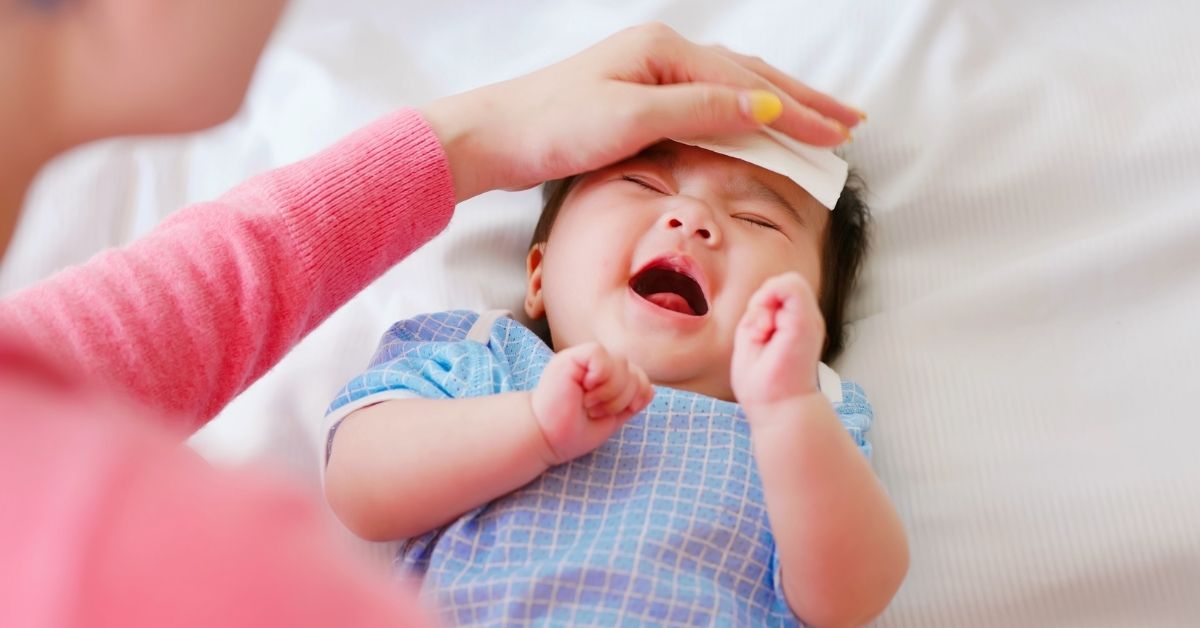When to give a shot?
Although there are a number of dengue vaccines under clinical trials, only one has been licensed for use under specific conditions.
- Dengvaxia (CYT-TDV) is a live attenuated vaccine which was licensed for use in children. It is available for use in children between the ages of 9-12 years of age. Unlike other vaccines which are given to prevent infections, it should only be given in children who are a previous case of clinically confirmed infection.
Why should the shot be given?
A dengue vaccine should be given to prevent a reinfection of dengue. This is essential because a dengue infection is especially dangerous and may even be fatal in a second attack.
What are the side effects?
- Child may be irritable and not feel well for a few days.
- Local reactions may develop. This includes pain, swelling and redness in the area where the vaccine was injected. This is not a cause for concern and it will resolve spontaneously over the next few days.
- Fever may develop post vaccination. Fever can be treated at home itself with antipyretics such as paracetamol being given. This thing to consider during giving your young child medicine is that the dose should be correct according to the age and weight of the child and overdosage has to be avoided.
- Anaphylaxis or an allergic reaction to the vaccine may occur. It can be recognised early by reddening of skin and generalised itching followed by difficulty breathing. A child who develops anaphylaxis should be brought to the hospital immediately. It can be managed by giving a shot of anti-allergic and anti-inflammatory agents immediately.
What is dengue?
Dengue fever is a serious viral infection. It can be caused by four different subtypes of related viruses. Dengue fever causes flu like symptoms but in severe cases can also lead to serious bleeding or haemorrhage, shock and sometimes death. It is widely distributed throughout the world and cases of infection have been increasing. It is most common in Southeast Asia, Latin America, Western Pacific and Africa.
What are symptoms of dengue?
Symptoms of dengue mimic that of a flu. The symptoms include:
- Child has high fever, upto 104°C
- The child has very bad headache
- There is Muscle, bone or joint pain
- The child can complain of nausea and vomiting
- There is some pain behind the eyes
- Rash may develop over the body
Severe dengue can develop which can be very dangerous for the child. There are some warning signs of severe dengue which you should know. You should take your child to the hospital immediately if any of the following signs are present
- The child has severe stomach pain
- The child is vomiting repeatedly
- Your can see bleeding from the gums or nose of nose
- There is blood in the child’s urine, stools or vomit
- Bruises appear on the skin of child which may be due to bleeding
- The child has difficulty in breathing
- The child is constantly fatigued, irritable or restless.
Is dengue serious?
Dengue is a serious infection, especially for children. It is extremely serious if a child who was previously infected with dengue has been reinfected. Around 1 in 20 individuals who have dengue develop complications in the infection. Children may have serious disease leading to haemorrhage in body organs, fall of blood pressure and children can also go into shock.
How does dengue spread?
Dengue spreads solely by spread of infection via the Aedes mosquito. When a mosquito bites an infected person, it takes up the dengue causing viruses along with blood. After a period of 8-10 days, the mosquito is now capable of transferring the virus to other non infected humans it bites. Once infected, the mosquito is able to spread the disease for it’s complete lifetime.








